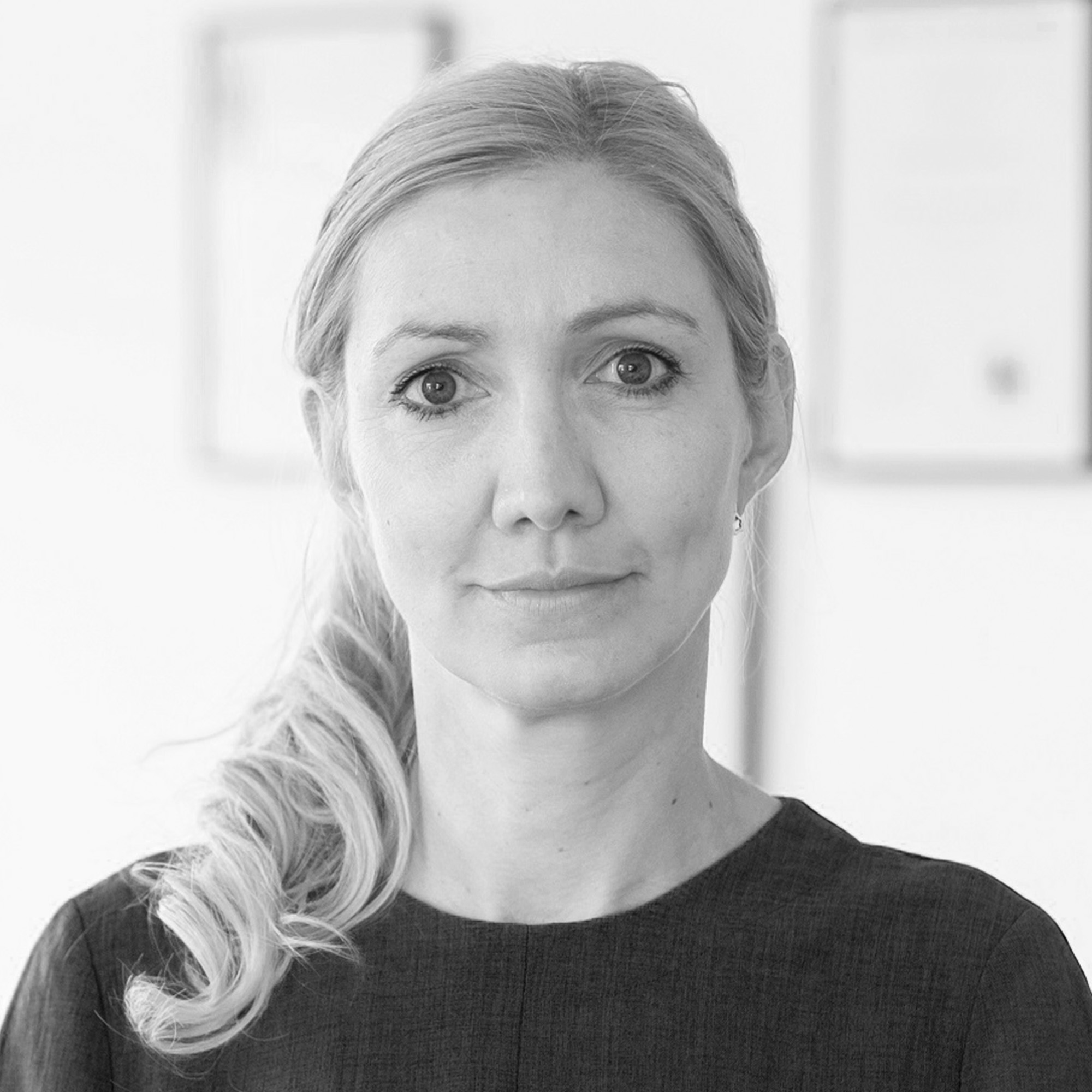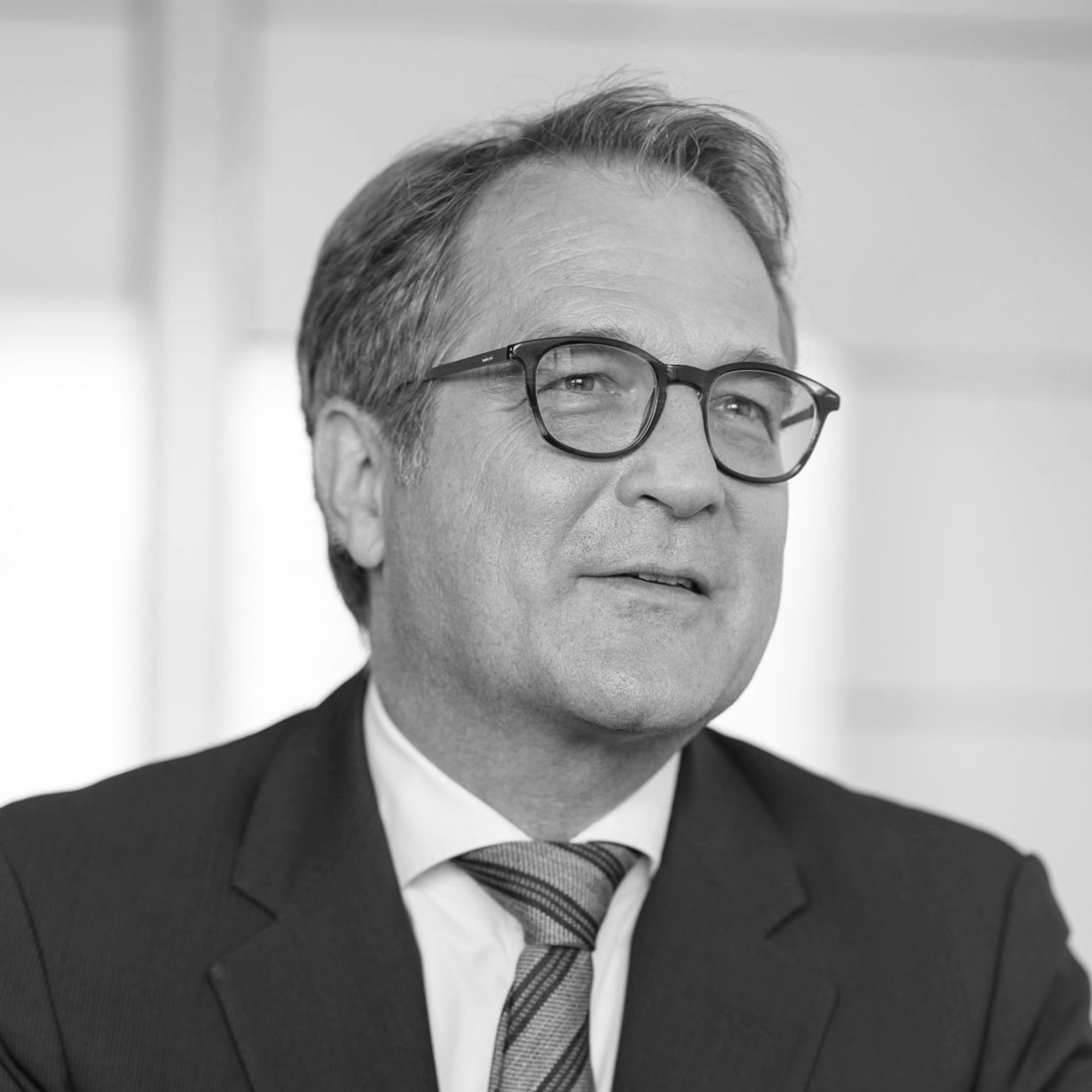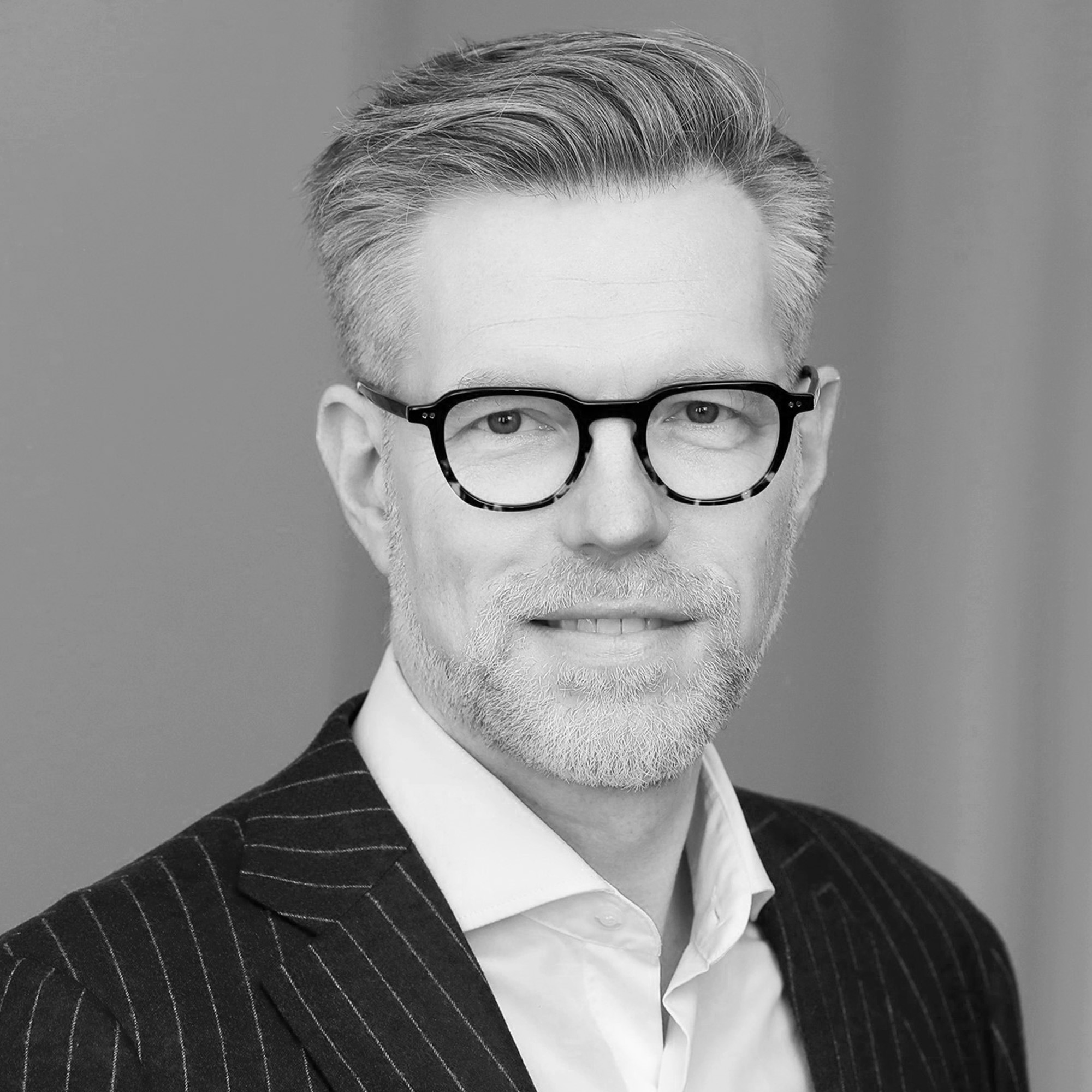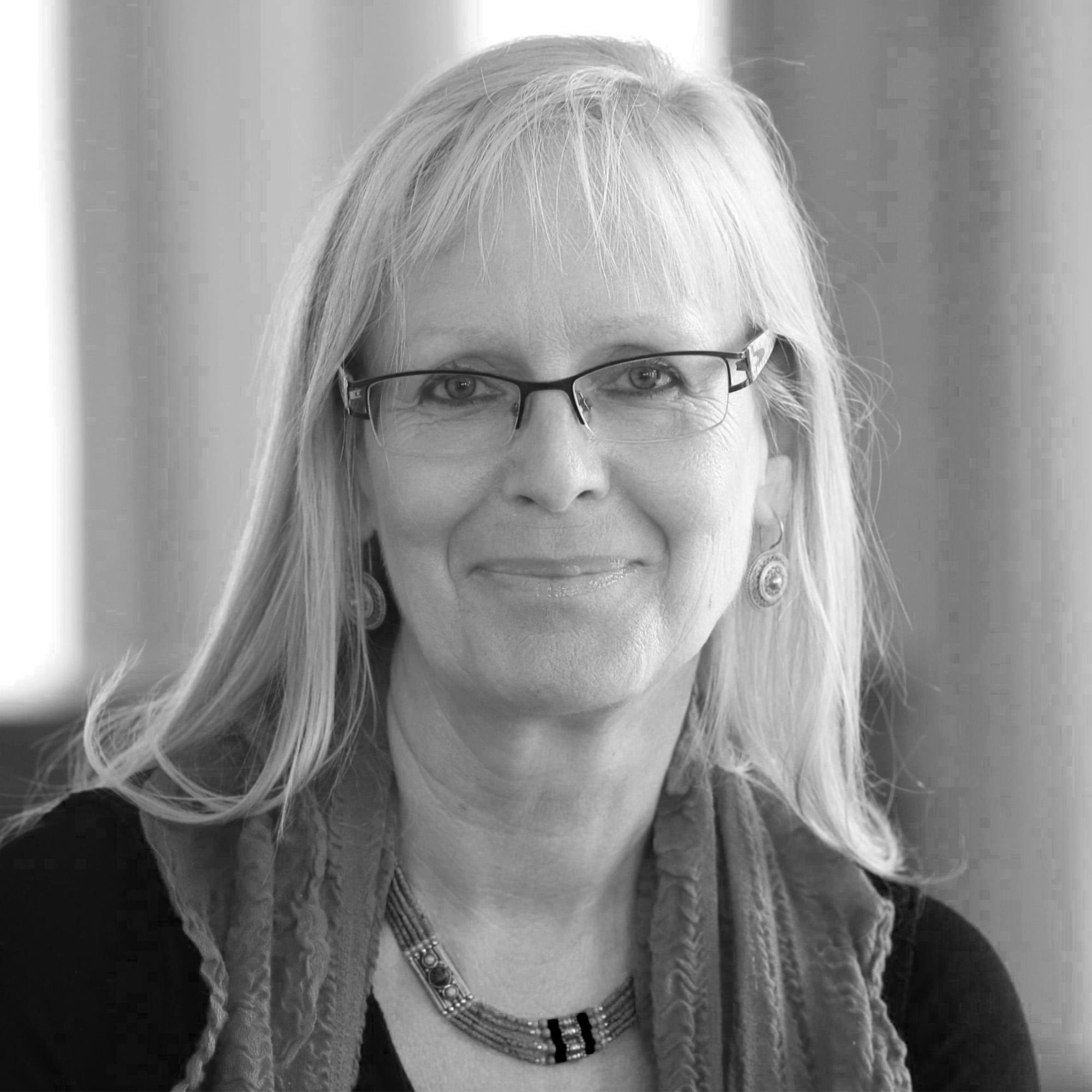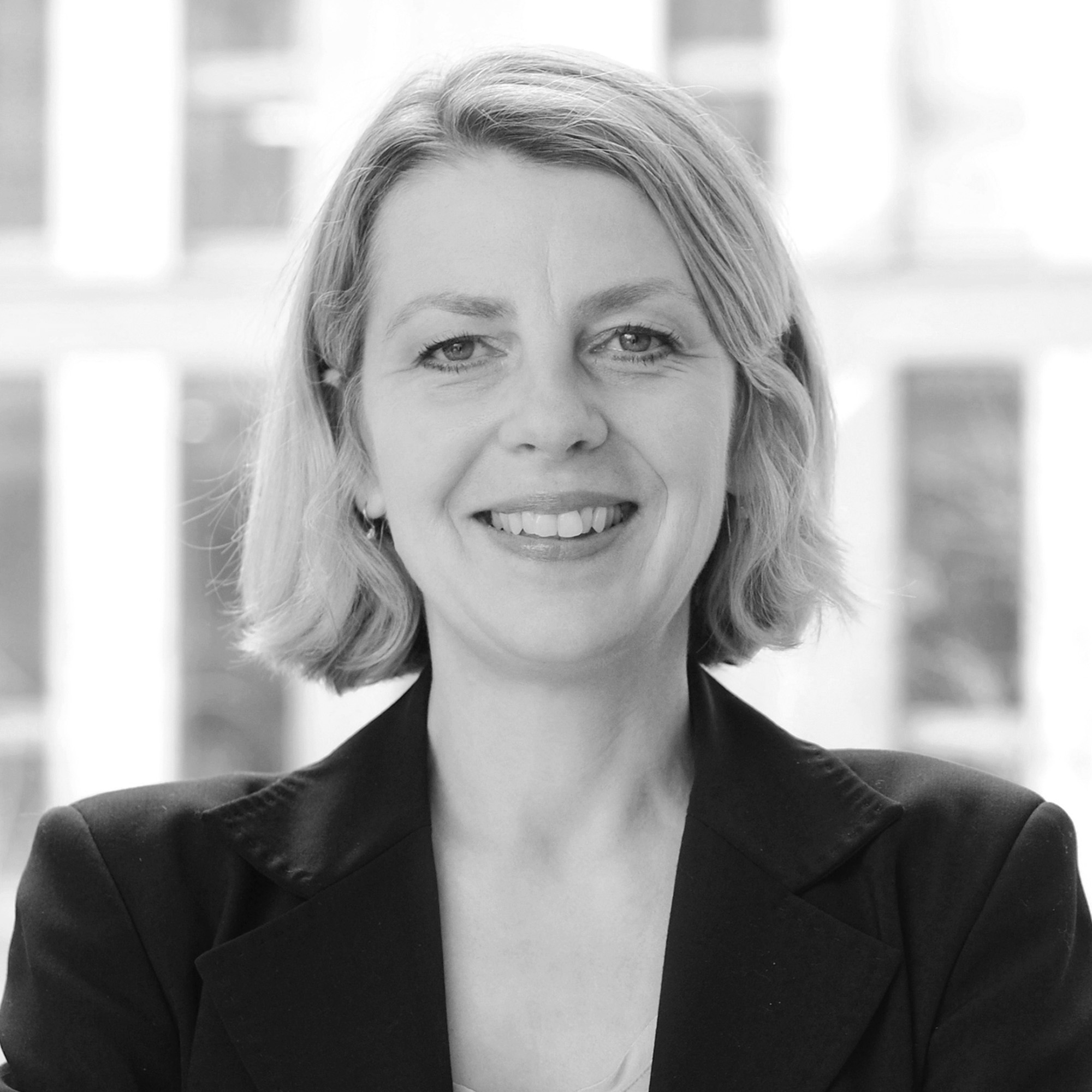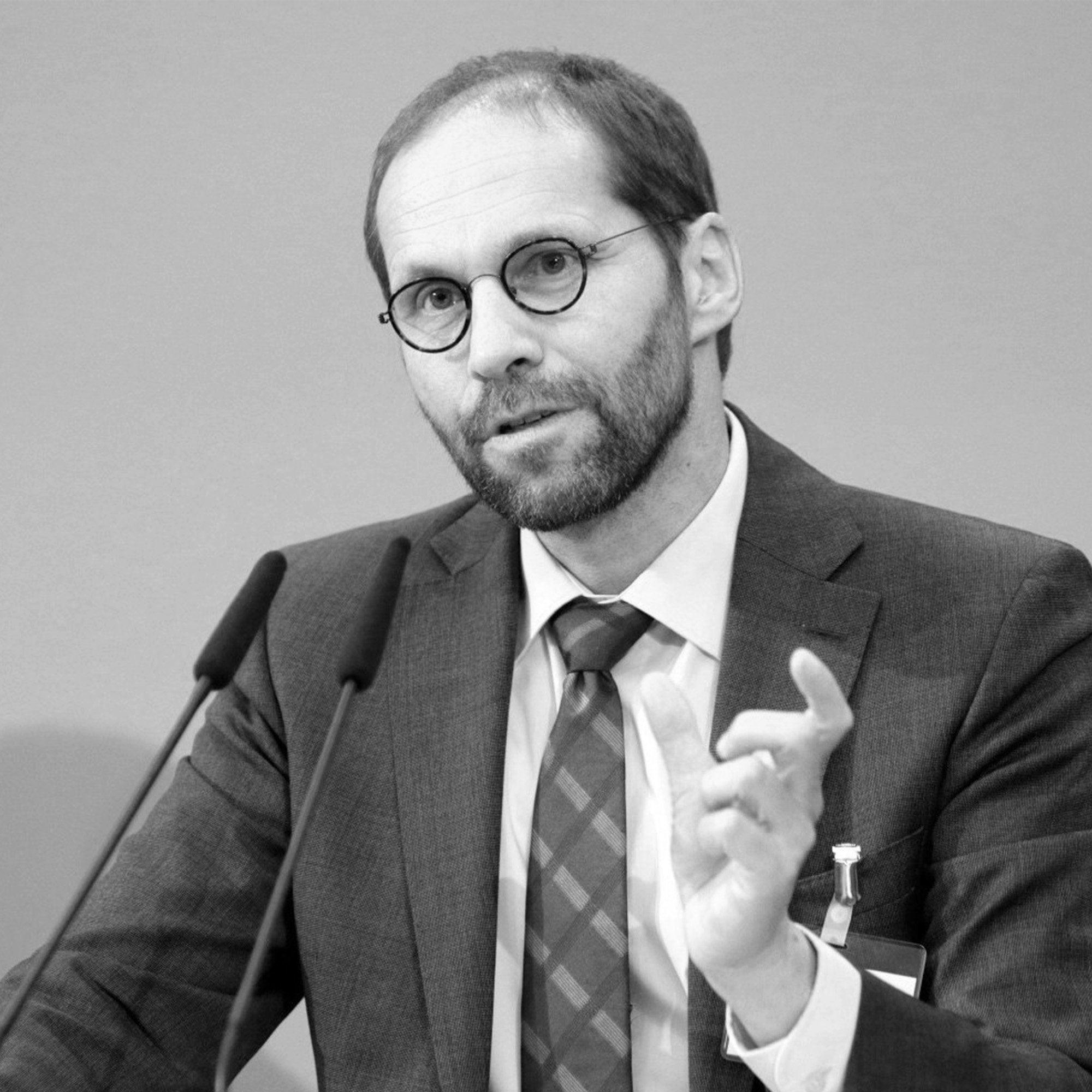When scientists speak out
Today´s scientists are in the public eye more than ever before. They are asked to deliver information about the latest research and perspectives as early as possible –during the pandemic, on the consequences of climate change, about how to handle political extremism and international conflicts. They are also expected, not least by politicians, to provide guidance in a society that is becoming increasingly polarised.
The not always smooth confrontation between the public and science has led to extensive discussions: What are science’s own claims, tasks and deficits? Should scientists rather just provide information or also advise and recommend? How should they communicate the methods, processes and limits of their own knowledge in public discourse? Here are the views and judgements of some scientists at Goethe University Frankfurt.
